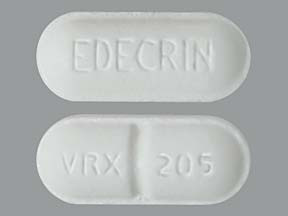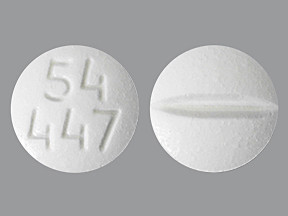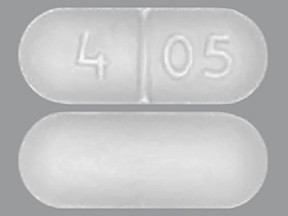ETHACRYNIC ACID - ORAL
PHONETIC PRONUNCIATION: (ETH-a-KRIN-ik AS-id)
COMMON BRAND NAME(S): Edecrin
GENERIC NAME(S): ethacrynic acid
Uses
USES: Ethacrynic acid is a "water pill" (diuretic) that works in your kidneys to increase the amount of urine you make. This helps your body get rid of extra water. This medication is used to decrease swelling (edema) caused by conditions such as cancer, congestive heart failure, liver disease, and kidney disease. This effect can help your kidneys work better and lessen symptoms such as trouble breathing and swelling in your ankles, feet, hands, or belly. This medication should not be used for infants.
How to use ETHACRYNIC ACID - ORAL
HOW TO USE: Take this medication by mouth as directed by your doctor, usually once or twice a day after a meal. If you take this drug too close to bedtime, you may need to wake up to urinate. It is best to take this medication at least 4 hours before your bedtime. Consult your doctor or pharmacist if you have questions about your dosing schedule. The dosage is based on your medical condition and response to treatment. To reduce your risk of side effects, your doctor may direct you to start this medication at a low dose and gradually increase your dose. Your doctor will adjust your dose based on your medical condition, response to treatment, and lab tests (such as sodium, potassium, chloride levels). Some people may be directed to take this medication every other day or only when needed. Follow your doctor's directions carefully. If your doctor has directed you to take this medication on a regular schedule, take it regularly to get the most benefit from it. To help you remember, take it at the same time(s) each day. Tell your doctor if you do not get better or if you get worse.
Side Effects
Precautions
Interactions
Overdose
Images

- color
- white
- shape
- oblong
- imprint
- VRX 205, EDECRIN
Reviews
Faq for ETHACRYNIC ACID - ORAL
Ethacrynic acid is an oral medication that belongs to a class of drugs called loop diuretics. It is used to treat conditions such as edema (fluid retention) and high blood pressure.
Ethacrynic acid works by increasing the elimination of excess water and salt from the body through increased urine production. This helps to reduce fluid buildup and lower blood pressure.
Common side effects of ethacrynic acid may include increased frequency of urination, dizziness, headache, muscle cramps, stomach upset, and photosensitivity (increased sensitivity to sunlight). Let your doctor know if any of these side effects become severe or persist.
Yes, there can be serious side effects of ethacrynic acid, although they are rare. These may include hearing loss, kidney problems, electrolyte imbalances, allergic reactions, and liver problems. Seek immediate medical attention if you experience any signs of a serious side effect.
Yes, ethacrynic acid can interact with certain medications, including other diuretics, lithium, nonsteroidal anti-inflammatory drugs (NSAIDs), and digoxin. It is important to inform your doctor about all the medications you are taking, including over-the-counter drugs and herbal supplements, to avoid any potential interactions.
It is essential to take ethacrynic acid exactly as prescribed by your doctor. Typically, it is taken once or twice daily with a full glass of water. To avoid frequent urination during nighttime, it is recommended to take the medication earlier in the day. Follow your doctor's instructions carefully regarding dosing and timing.
You should inform your doctor about any medical conditions you have, especially if you have kidney or liver disease, diabetes, gout, or a history of allergies. Ethacrynic acid may not be suitable for you or require close monitoring in these situations.
It is best to avoid or limit alcohol consumption while taking ethacrynic acid, as it can enhance the diuretic effect of the medication and increase the risk of side effects.
There are no specific dietary restrictions associated with ethacrynic acid. However, it is generally recommended to follow a balanced diet and maintain adequate fluid and electrolyte intake.
Disclaimer
IMPORTANT: HOW TO USE THIS INFORMATION: This is a summary and does NOT have all possible information about this product. This information does not assure that this product is safe, effective, or appropriate for you. This information is not individual medical advice and does not substitute for the advice of your health care professional. Always ask your health care professional for complete information about this product and your specific health needs.


No Reviews Yet